
Leading the charge in allergy diagnostics
Thermo Fisher Scientific’s Santhosh Nair explains how advanced in-vitro diagnostics are transforming allergy care across Europe, enabling faster, more precise testing and improving outcomes for millions.

Thermo Fisher Scientific’s Santhosh Nair explains how advanced in-vitro diagnostics are transforming allergy care across Europe, enabling faster, more precise testing and improving outcomes for millions.

AI is revolutionising online content moderation by automating the detection of harmful materials like violence and abuse, while working alongside human moderators to ensure safety and compliance.

AI can help alleviate cybersecurity alert fatigue by correlating events, qualifying threats, and reducing stress for analysts, improving well-being and addressing the skills gap in SOCs.
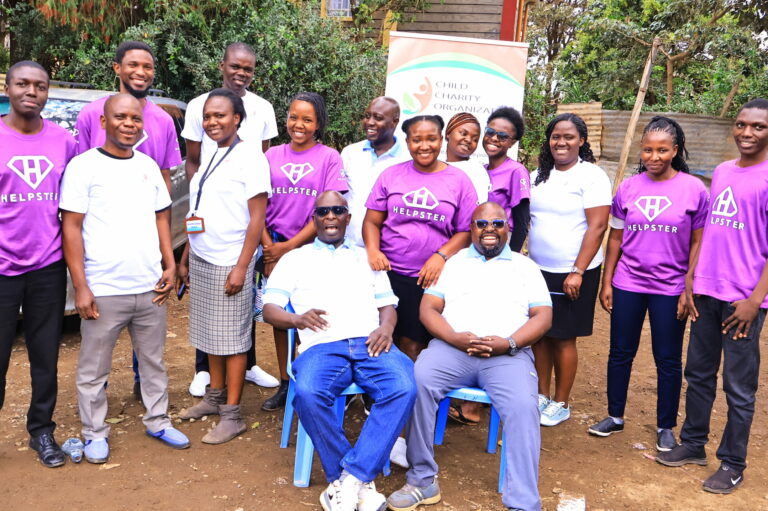
Helpster Charity, led by CEO Kate Lysykh, leverages technology to provide life-saving healthcare to children in Africa and Asia, combating preventable deaths from diseases like malaria and pneumonia.

Real-time, personalised transport information is key to improving passenger experience. By integrating accessible data, rail travel can become more intuitive, responsive, and inclusive for all.
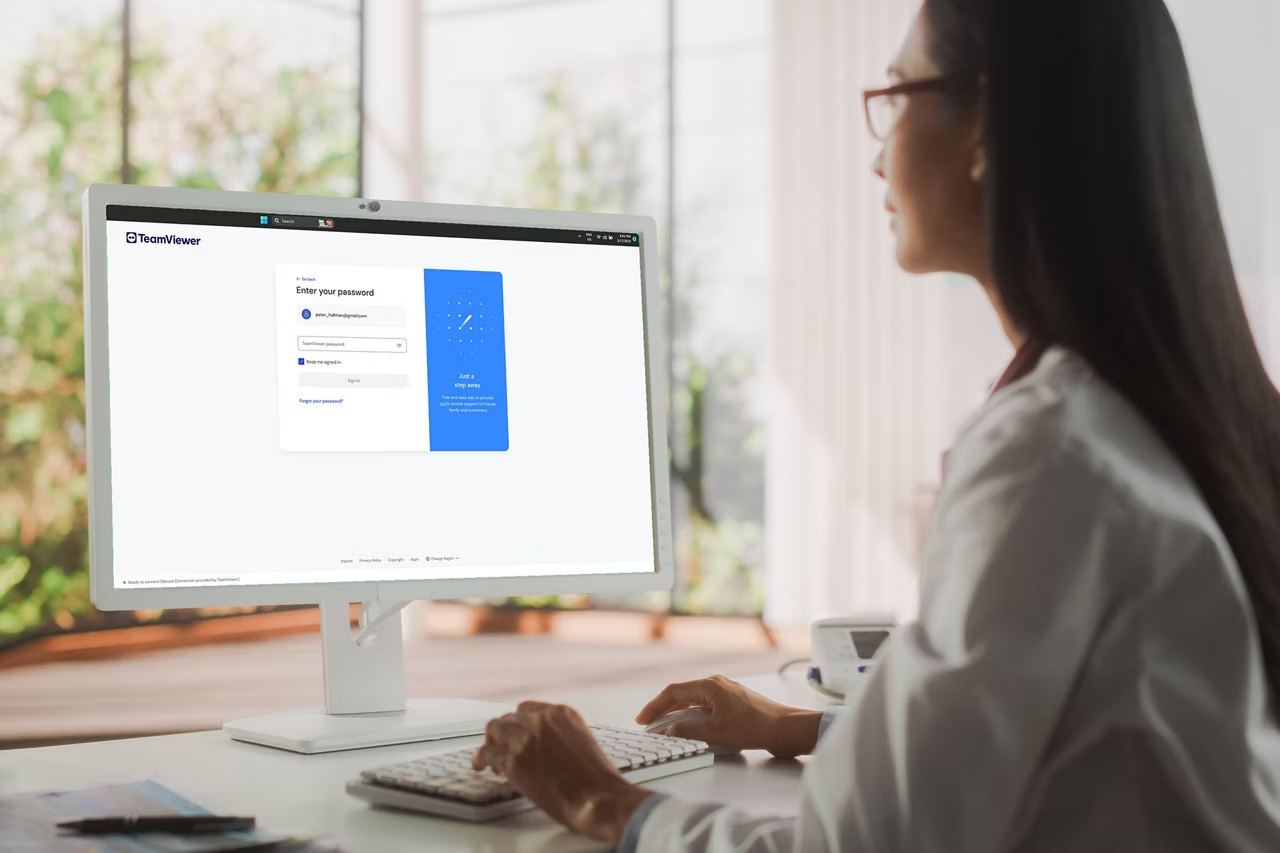
Peter Turner, CCO at TeamViewer, discusses how remote connectivity solutions are transforming healthcare by improving accessibility, reducing costs, and enhancing patient care in remote areas.
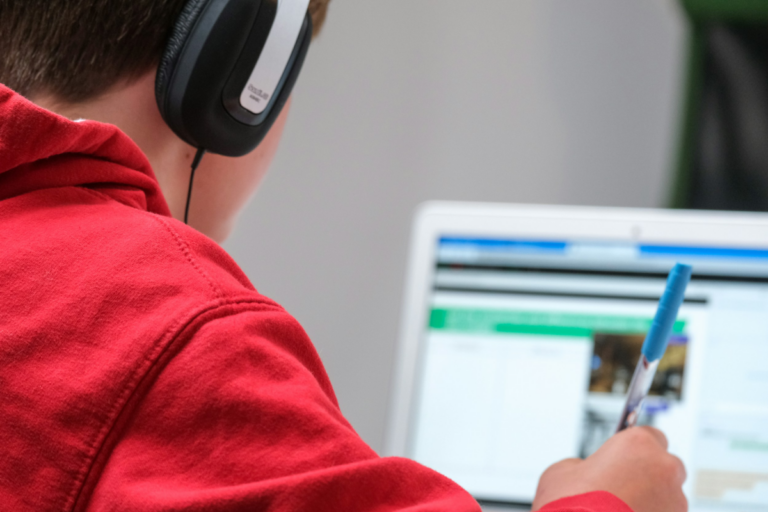
Felix Ohswald, CEO of GoStudent, explores AI’s transformative role in education, from early childhood learning to post-classroom tools, and its potential to enhance personalised, lifelong learning.

Rupert Colbourne, CTO at Orbus Software, explains how enterprise architecture is accelerating innovation in healthcare by streamlining workflows, reducing technical debt, and improving patient outcomes.

Stephen Foreshew-Cain, CEO of Scott Logic, explores how the UK public sector can overcome legacy IT, data silos, and skills gaps to successfully adopt AI and transform services.

Thierry Marchal of Ansys explores how simulation, particularly computational fluid dynamics, can optimise and accelerate pharmaceutical development, ensuring safer, more efficient biologics production.

Women, comprising half the global population, face significant healthcare disparities. Rebecca Hainsworth of Browne Jacobson explores how technology is improving diagnoses, treatments, and outcomes.

Phil Burrows, Head of Vulnerability at Cadent, discusses how the company’s CO Research and Analytics platform and collaborative efforts aim to reduce CO poisoning and save lives.
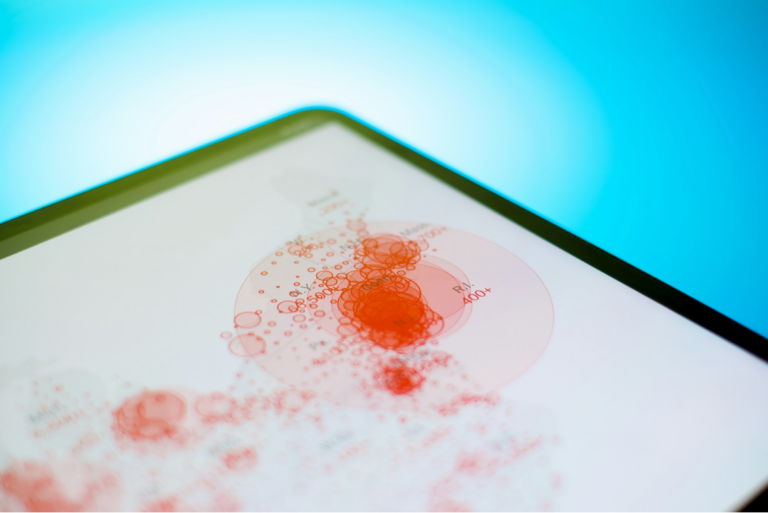
5G and AI are revolutionising healthcare, enabling personalised, real-time care across the globe. From remote diagnostics to predictive health, they bridge gaps and save lives.

In his journey with TradeDepot, Onyekachi Izukanne has helped connect global brands to Africa’s next billion consumers, transforming supply chains and empowering small businesses across the continent.

Generative AI and automation are revolutionising drug approval, enhancing compliance, efficiency, and speed in pharmaceutical processes, from discovery to regulatory reporting and patient safety.

Social media’s economic model has deepened inequality. WeAre8 offers a new approach, where ads support charities, empower creators, and redistribute wealth, fostering a more equitable digital future.

Doing online business in developing countries requires action by all to unlock financial inclusion, says Ling CEO Simon Bacher.

Nedjip Tozun, Co-Founder and CEO of d.light explores how off-grid solar energy is empowering women and transforming entire communities.
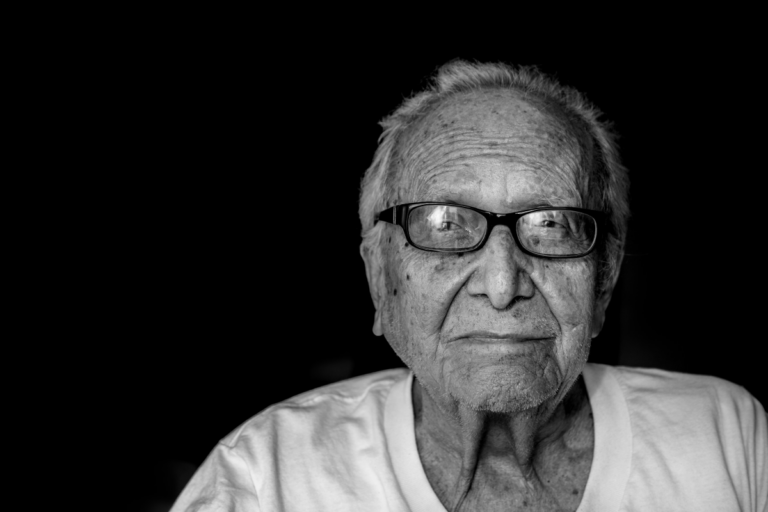
Digital illiteracy is a growing health crisis for seniors, leaving them unable to navigate essential online services and jeopardising their independence and health outcomes.
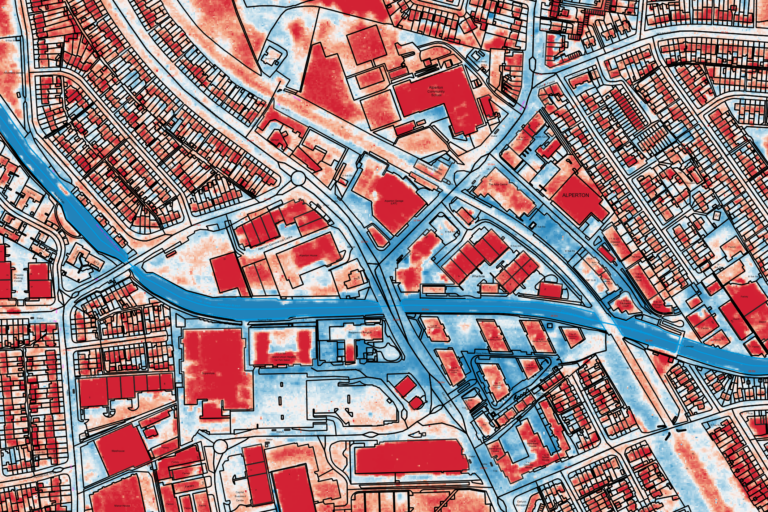
Combining geospatial tech with data from space can will be key to making sound investments in a sustainable future, argues Ordnance Survey’s Mark Tabor.
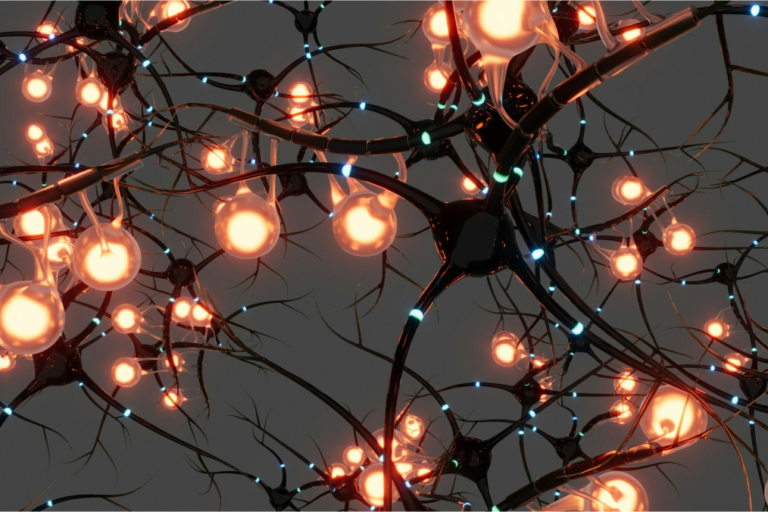
Neurodivergent individuals are vital for inclusive and ethical AI, offering unique skills that enhance problem-solving, improve data accuracy, and drive innovation in AI development.

Post-disaster management relies on satellite imagery for real-time damage assessment, resource allocation, and tracking recovery, enhancing efficiency and decision-making during critical recovery phases.

Eric Thomas, Chief Diversity Officer at CX software giant Genesys, on the ways in which innovative technologies are transforming workplaces for those with visual impairments.

From DJ to jobbing builder to the boss of sustainable house builder Gusto Construction, Steff Wright says government must act to lift ‘woefully low standards’ in service of the planet.

AI is revolutionising the non-profit sector by improving efficiency, outreach, and accessibility, helping charities maximise resources and create greater impact for the communities they serve.
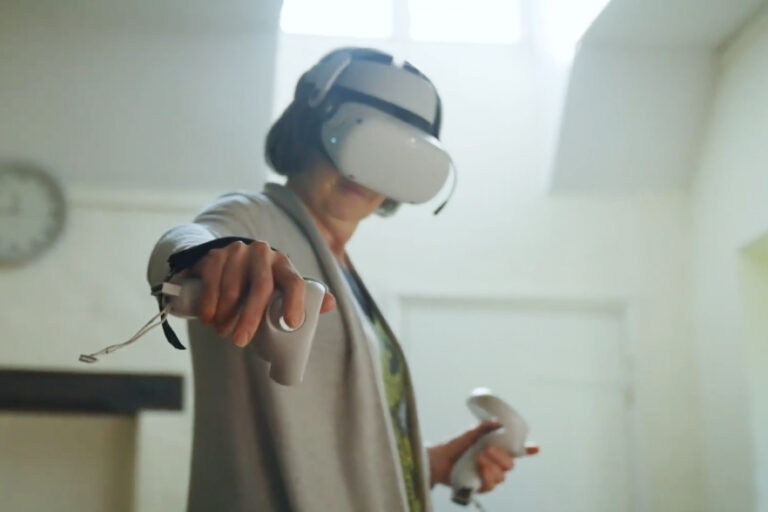
Researchers at the University of Plymouth have shown that developing tech with – not for – the digitally excluded can produce remarkable results.
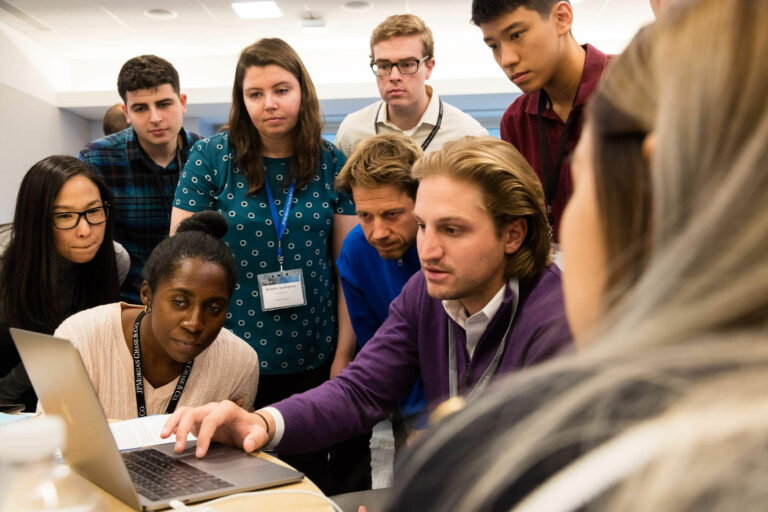
JPMorgan Chase & Co’s Tech For Social Good team is celebrating 10 years of doing good, impacting thousands of non-profits and empowering its own workforce.
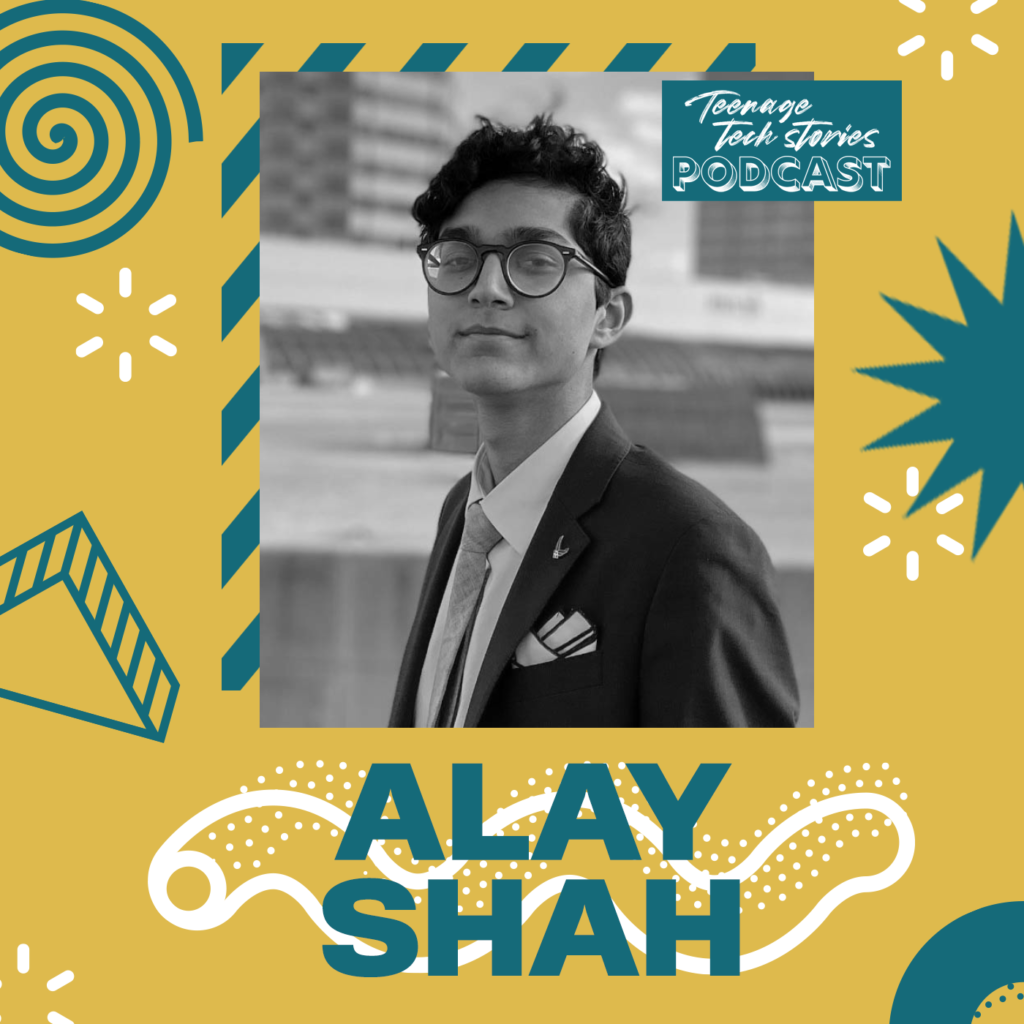
Alay Shah is a researcher, aspiring innovator and high school senior. In this podcast, Alay discusses the need to democratise healthcare and talks about building an eye-tracking diagnostic tool that could become a low-cost alternative to MRIs.

Over two billion people suffer allergies. Many without knowing the cause. Here’s how Thermo Fisher Scientific unlocks the answers.

Capgemini and the European Space Agency discuss the project they have developed to measure forest biomass from space.

How can artificial intelligence keep people safe? Microsoft and Hexagon are helping emergency services leverage AI

AI is revolutionising online content moderation by automating the detection of harmful materials like violence and abuse, while working alongside human moderators to ensure safety and compliance.

AI can help alleviate cybersecurity alert fatigue by correlating events, qualifying threats, and reducing stress for analysts, improving well-being and addressing the skills gap in SOCs.

Helpster Charity, led by CEO Kate Lysykh, leverages technology to provide life-saving healthcare to children in Africa and Asia, combating preventable deaths from diseases like malaria and pneumonia.

Real-time, personalised transport information is key to improving passenger experience. By integrating accessible data, rail travel can become more intuitive, responsive, and inclusive for all.

Peter Turner, CCO at TeamViewer, discusses how remote connectivity solutions are transforming healthcare by improving accessibility, reducing costs, and enhancing patient care in remote areas.

Felix Ohswald, CEO of GoStudent, explores AI’s transformative role in education, from early childhood learning to post-classroom tools, and its potential to enhance personalised, lifelong learning.

Rupert Colbourne, CTO at Orbus Software, explains how enterprise architecture is accelerating innovation in healthcare by streamlining workflows, reducing technical debt, and improving patient outcomes.

Stephen Foreshew-Cain, CEO of Scott Logic, explores how the UK public sector can overcome legacy IT, data silos, and skills gaps to successfully adopt AI and transform services.

Thierry Marchal of Ansys explores how simulation, particularly computational fluid dynamics, can optimise and accelerate pharmaceutical development, ensuring safer, more efficient biologics production.

Women, comprising half the global population, face significant healthcare disparities. Rebecca Hainsworth of Browne Jacobson explores how technology is improving diagnoses, treatments, and outcomes.

Phil Burrows, Head of Vulnerability at Cadent, discusses how the company’s CO Research and Analytics platform and collaborative efforts aim to reduce CO poisoning and save lives.

5G and AI are revolutionising healthcare, enabling personalised, real-time care across the globe. From remote diagnostics to predictive health, they bridge gaps and save lives.

In his journey with TradeDepot, Onyekachi Izukanne has helped connect global brands to Africa’s next billion consumers, transforming supply chains and empowering small businesses across the continent.

Generative AI and automation are revolutionising drug approval, enhancing compliance, efficiency, and speed in pharmaceutical processes, from discovery to regulatory reporting and patient safety.

Social media’s economic model has deepened inequality. WeAre8 offers a new approach, where ads support charities, empower creators, and redistribute wealth, fostering a more equitable digital future.

Doing online business in developing countries requires action by all to unlock financial inclusion, says Ling CEO Simon Bacher.

Nedjip Tozun, Co-Founder and CEO of d.light explores how off-grid solar energy is empowering women and transforming entire communities.

Digital illiteracy is a growing health crisis for seniors, leaving them unable to navigate essential online services and jeopardising their independence and health outcomes.

Combining geospatial tech with data from space can will be key to making sound investments in a sustainable future, argues Ordnance Survey’s Mark Tabor.

Neurodivergent individuals are vital for inclusive and ethical AI, offering unique skills that enhance problem-solving, improve data accuracy, and drive innovation in AI development.

Post-disaster management relies on satellite imagery for real-time damage assessment, resource allocation, and tracking recovery, enhancing efficiency and decision-making during critical recovery phases.

Eric Thomas, Chief Diversity Officer at CX software giant Genesys, on the ways in which innovative technologies are transforming workplaces for those with visual impairments.

From DJ to jobbing builder to the boss of sustainable house builder Gusto Construction, Steff Wright says government must act to lift ‘woefully low standards’ in service of the planet.

AI is revolutionising the non-profit sector by improving efficiency, outreach, and accessibility, helping charities maximise resources and create greater impact for the communities they serve.